Description
NR305 Week 7 Debriefing: Anthony James i-Human Virtual Patient Encounter
Preparing the Debriefing
Directions
Debriefing: Discover and Deepen
- You are encouraged, but not required, to complete at least one i-Human Virtual Patient Encounter attempt before participating in the debriefing.
- Include a citation from the weekly lesson in your response and the reference list.
- Refer to theDo I Remember?section of this week’s lesson to review how to cite Canvas course lessons in APA format.
- Answer all questions below with explanations and details.
Paragraph one:How does providing nursing care at the end of life impact the emotional well-being and resilience of nurses, and what strategies can be used to support their mental and emotional health?
Paragraph two:Answer the questions based on the first letter of your last name below.
| Last Name | Question to Answer |
|---|---|
| A – G | How would you approach an assessment differently if you were providing end-of-life care to a client who expresses fear and anxiety about death and has no family present? |
| H – Q | How would you approach an assessment differently if you were providing end-of-life care to a client and family who have unresolved family conflict and tension? |
| R – Z | How would you approach an assessment differently if you were providing end-of-life care to a client who has a large and involved family support system present at the bedside? |
Paragraph three:Reflect on the care needs of clients and families at the end of life in your practice setting. How can you integrate the principles of client-centered care and end-of-life nursing assessment introduced in the week 7 lessons into your nursing practice? You may respond using a former work setting or clinical experience if you are not currently practicing at the bedside.
SOLUTION
Paragraph one
Providing end-of-life care can deeply affect nurses’ emotional well-being, as they often form meaningful connections with patients and their families during this vulnerable time. Seeing people die and suffer or go through other difficulties may cause carer or Secondary Stress Syndrome. As the center of activity in the health care setting, nurses can proactively specify self-care interventions they could put to practice, including peer support, conducting mindfulness………………………add to cart and check out to purchase solution at $5 only


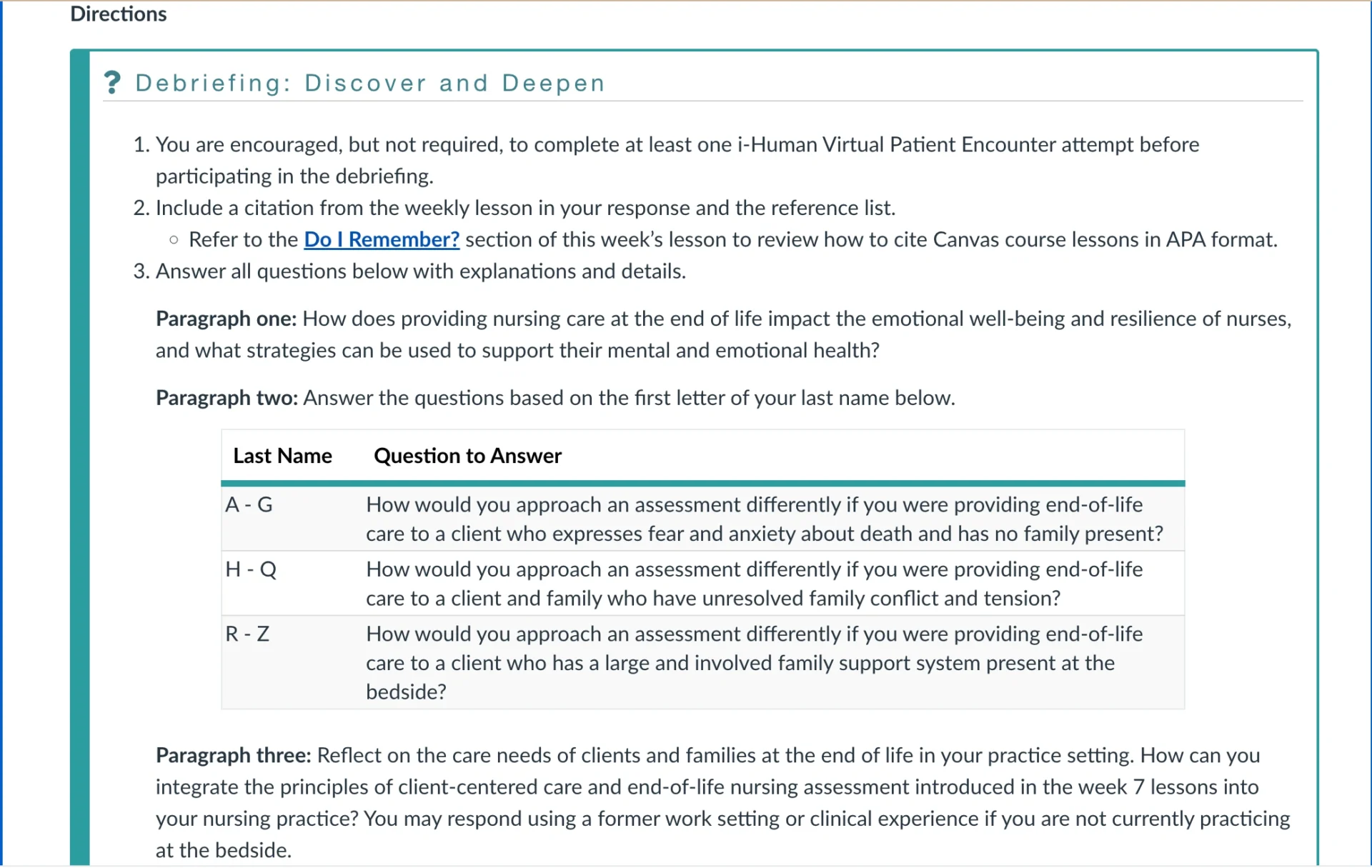
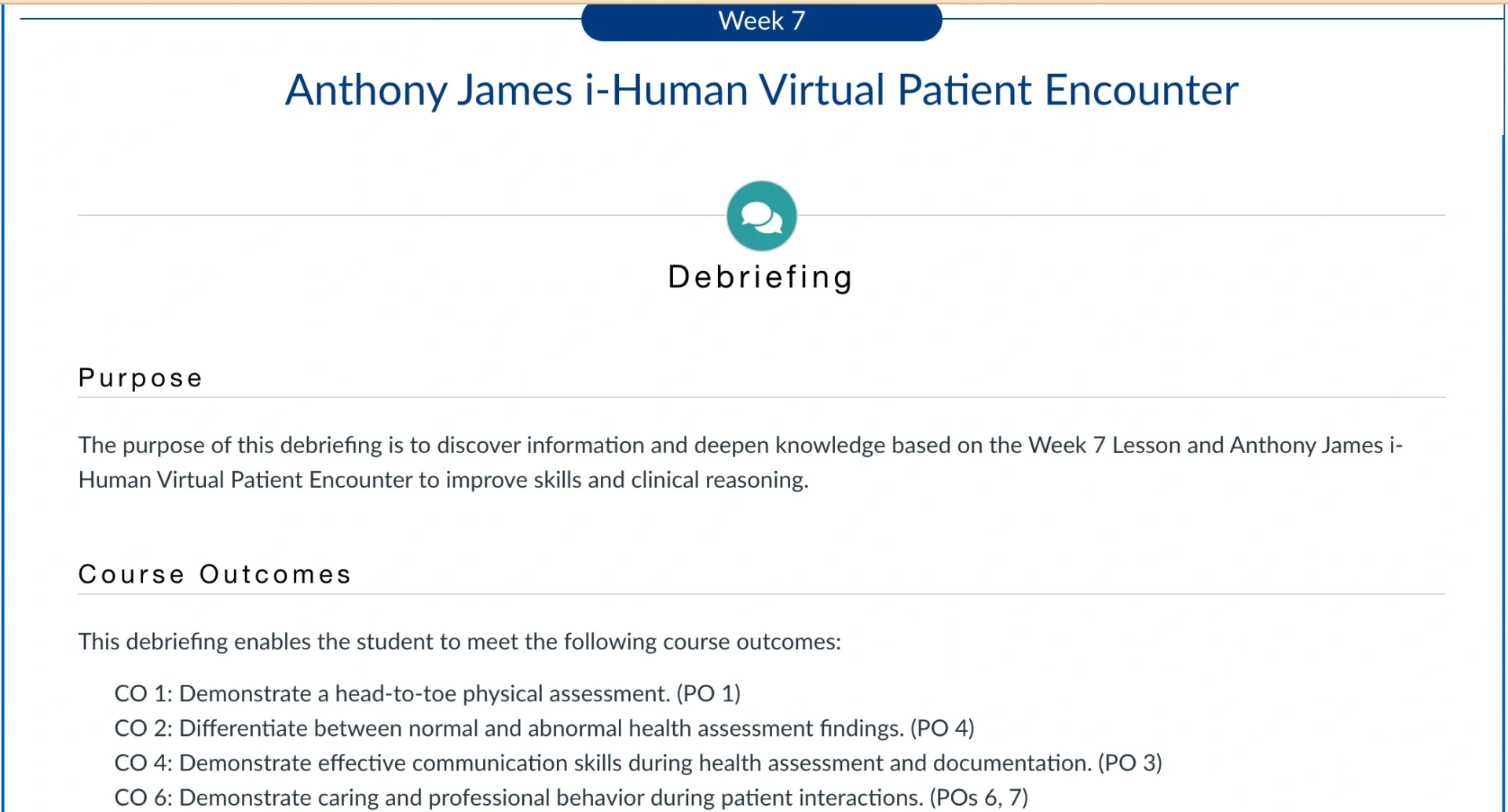
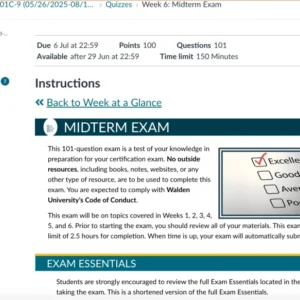
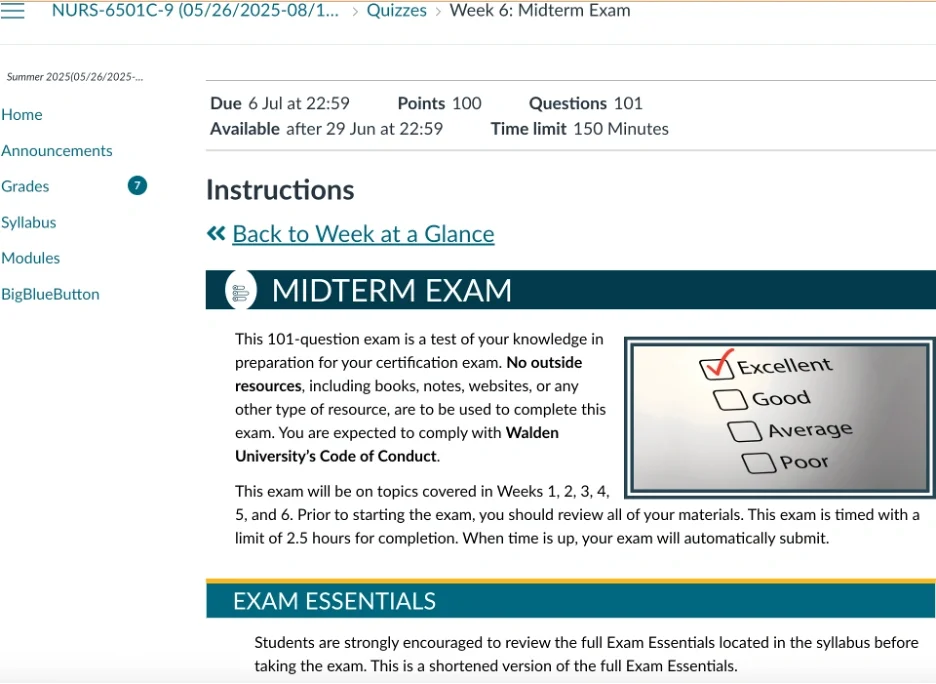
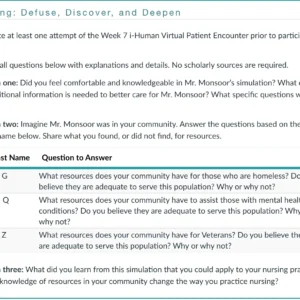
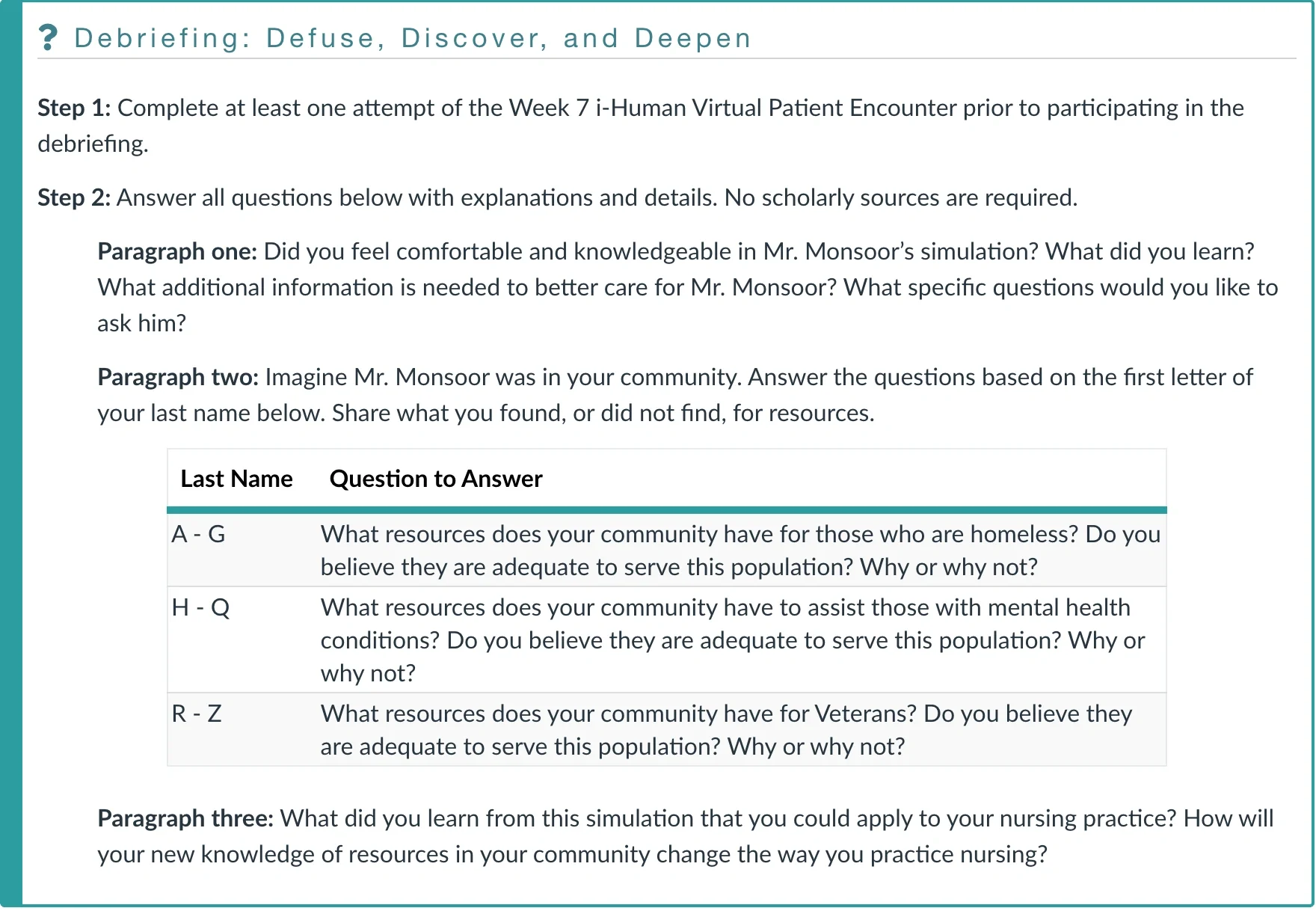









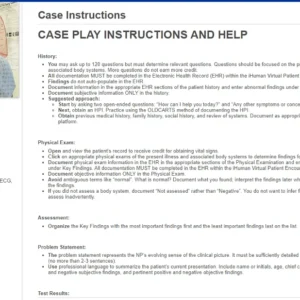

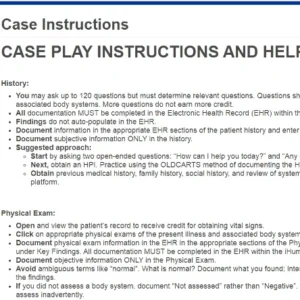
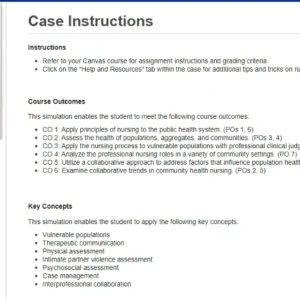



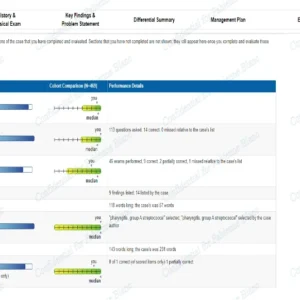
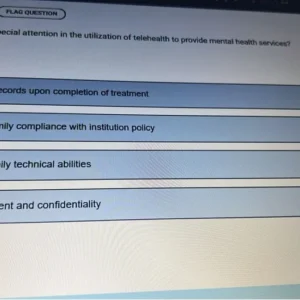



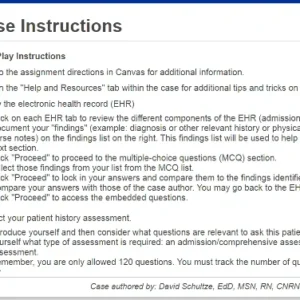
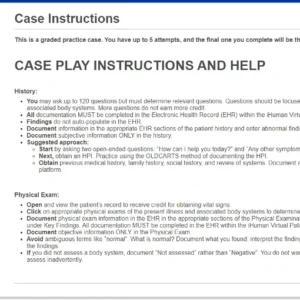

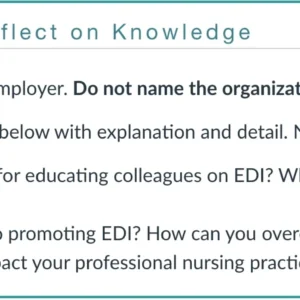
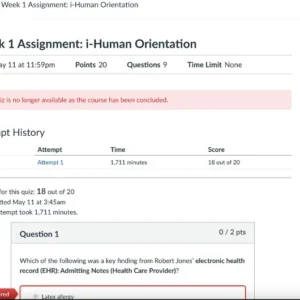
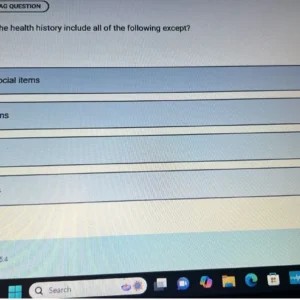
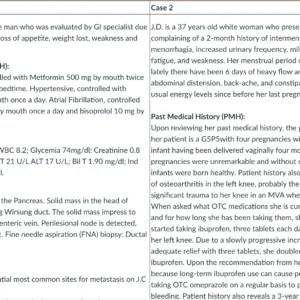


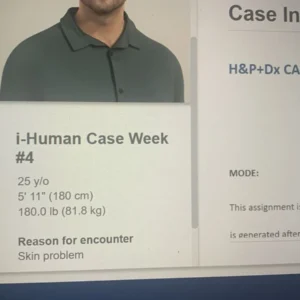
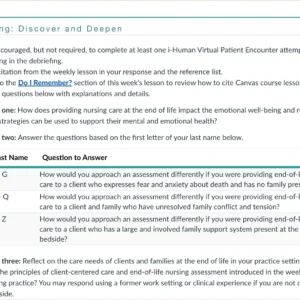
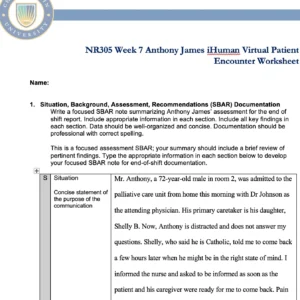
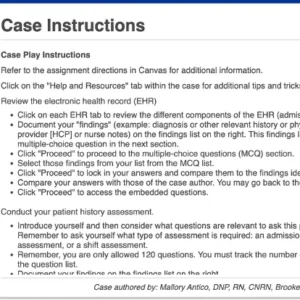
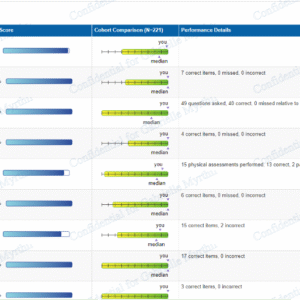

Customer Reviews
There are no reviews yet.